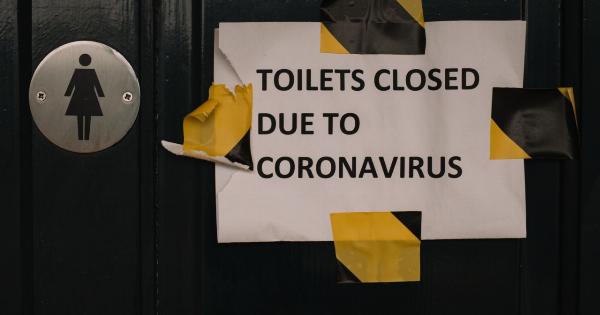Lowering High Triglycerides: 14 Effective Tips
Triglycerides are a type of fat found in your blood. They are stored in your fat cells and liver and used for energy. When you eat, your body converts any calories it doesn’t need into triglycerides and stores them in your fat cells.
If you regularly eat more calories than your body needs, your triglyceride levels may become too high, increasing your risk of heart disease and stroke.
What are High Triglycerides?
High triglycerides refer to a condition where a person has a higher than normal level of triglycerides in their blood. According to the American Heart Association, a normal triglyceride level is less than 150 milligrams per deciliter (mg/dL).
Anything above 200 mg/dL is considered high.
14 Effective Tips to Lower High Triglycerides
1. Reduce your sugar intake
Reducing your sugar intake can help lower your triglyceride levels. This includes foods and drinks that are high in added sugars, such as soda, candy, and baked goods.
2. Cut back on refined carbohydrates
Eating a lot of refined carbohydrates, such as white bread and pasta, can also increase your triglyceride levels. Try replacing these with whole grain options.
3. Eat more fiber
Fiber can help lower your triglyceride levels by slowing down the absorption of carbs in your bloodstream. Good sources of fiber include fruits, vegetables, and whole grains.
4. Choose healthier fats
Replace unhealthy fats, such as trans fats and saturated fats, with healthier options like monounsaturated and polyunsaturated fats. Good sources of these healthy fats include nuts, seeds, and fatty fish.
5. Avoid trans fats
Trans fats can raise your triglyceride levels and increase your risk of heart disease. Avoid foods that contain hydrogenated oils, such as baked goods and fried foods.
6. Exercise regularly
Regular exercise can help lower your triglyceride levels and improve your overall health. Aim for at least 30 minutes of moderate intensity exercise most days of the week.
7. Lose weight
If you are overweight or obese, losing weight can help lower your triglyceride levels and reduce your risk of heart disease and other health problems.
8. Limit alcohol consumption
Drinking too much alcohol can increase your triglyceride levels. Limit your alcohol intake to one drink per day for women and two drinks per day for men.
9. Quit smoking
Smoking can raise your triglyceride levels and increase your risk of heart disease. Quitting smoking can help lower your triglyceride levels and improve your overall health.
10. Take medication if necessary
If your triglyceride levels are very high, your doctor may recommend medication to help lower them.
11. Eat fatty fish
Eating fatty fish, such as salmon and mackerel, can help lower your triglyceride levels due to their high levels of omega-3 fatty acids.
12. Add plant sterols to your diet
Plant sterols are natural compounds found in plants, and they can help lower your triglyceride levels. You can find plant sterols in fortified margarine, orange juice, and supplements.
13. Drink green tea
Green tea contains compounds called catechins, which can help lower your triglyceride levels.
14. Manage stress
Chronic stress can raise your triglyceride levels. Find ways to manage stress, such as through exercise, meditation, or therapy.
Conclusion
Lowering high triglycerides is important for reducing your risk of heart disease and other health problems.
By making lifestyle changes like eating a healthy diet, exercising regularly, and managing stress, you can keep your triglyceride levels under control and improve your overall health.






























